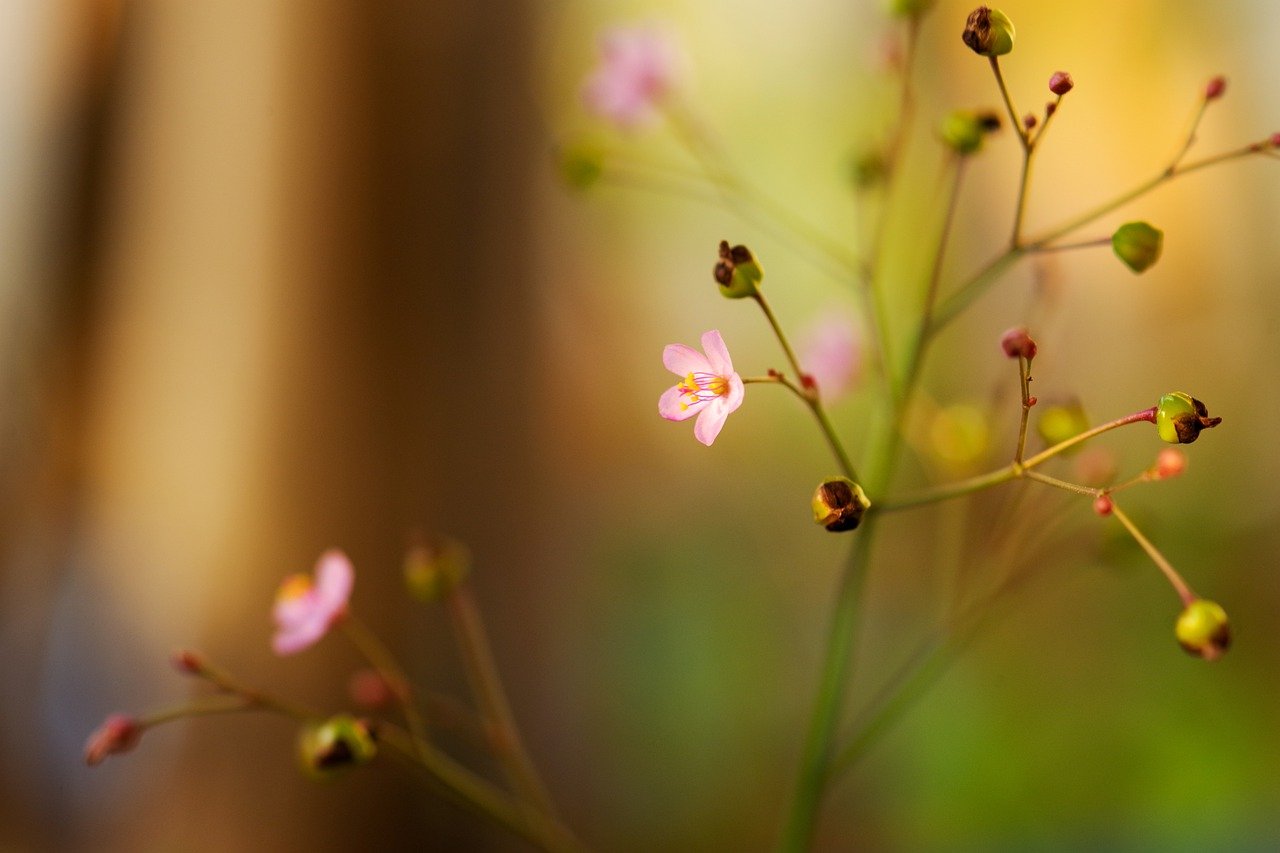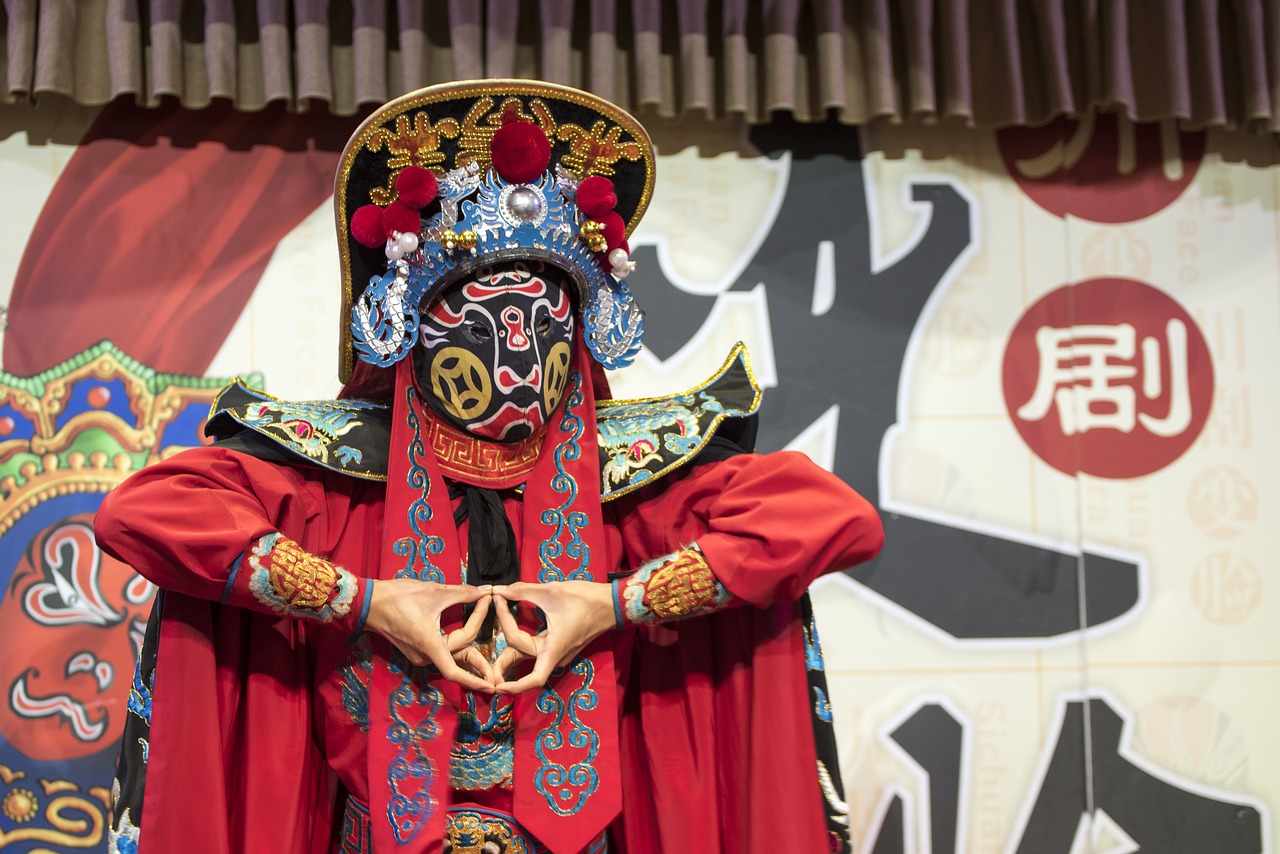Chinese Mythology
-
The Rich Tradition of Caishen: China’s Ancient Wealth Deity Caishen, the God of Wealth in Chinese Taoism, plays a crucial role in overseeing prosperity on a global scale. Among the rich tapestry of Chinese folk customs, New Year’s Eve during the Spring Festival is particularly notable for the traditions surrounding the arrival of this deity.…
-

Celebrating Wealth and Love: A Unique Fusion on Valentine’s Day This year, a remarkable coincidence fell on the fifth day of the lunar calendar, a day traditionally dedicated to honoring the God of Wealth, aligning perfectly with Valentine’s Day. This dual celebration spurred a wave of innovative festivities among the youth in China, weaving together…
-
Caishen, the God of Wealth, embodies a significant aspect of Chinese culture and mythology. Known in Simplified Chinese as 财神, his Pinyin name Cáishén literally means “God of Wealth.” The character cái (財) signifies “wealth” or “money,” while shén (神) translates to “god,” reflecting the core essence of his identity. In Chinese folklore and Taoism,…
-
Understanding the Chinese Deity of Prosperity In the joyous occasion of Spring Festival, it’s common for people in China to greet one another with the heartfelt saying, “May you become rich!” (恭喜发财 gōngxǐ fācái). While this expression is often mistakenly viewed by Westerners as a simple New Year greeting, it is, in fact, a hopeful…
-

Introduction to Ginseng and Its Significance in Traditional Medicine This article aims to furnish a comprehensive insight into ginseng, widely esteemed as a therapeutic herb with numerous health benefits across various ailments. The utilization of ginseng in traditional Chinese medicine (TCM) can be traced back approximately 5,000 years, attributed to the legendary Emperor Shennong. Historical…
-

Traditional Chinese Medicine (TCM) is a holistic system of health care with roots tracing back over 2,300 years. Its primary objective is to sustain or restore health by achieving a harmony between yin and yang—two fundamental forces that characterize both the human body and the cosmos. Among the myriad healing practices that TCM encompasses, acupuncture…
-
Shennong, often referred to as the “God Farmer” or the “God Peasant,” holds a significant place in Chinese mythology as a divine figure associated with agriculture and natural remedies. Recognized as a sage healer and early ruler of mythical China, he’s also known by titles like Wugushen, which translates to “five grains,” emphasizing his teachings…
-
Shennong: The Divine Farmer in Chinese Mythology Overview In the realm of Chinese mythology, Shennong (神農) stands out as a prominent deity heralded for establishing agriculture and advancing irrigation practices. He is also celebrated for preserving seeds and inventing essential farming tools such as the hoe, well, and axe. Renowned as the progenitor of traditional…
-

![Shen Nong Image] Long ago, in a time that predates the establishment of dynasties, the early Chinese believed that the essence of their culture was a gift from divine beings, with rulers of the past regarded as beings that were part divine and part human. Among these demi-gods was a figure dubbed Yandi, whose narrative…
-
Shennong, often referred to as the “God farmer” or the “God peasant”, holds a significant place in Chinese spiritual culture. He is regarded as a mythical sage, revered for his healing abilities and ruling over prehistoric China. Shennong is sometimes called the Wugushen, meaning “five grains,” or Wuguxiandi, which translates to “the first deity of…


